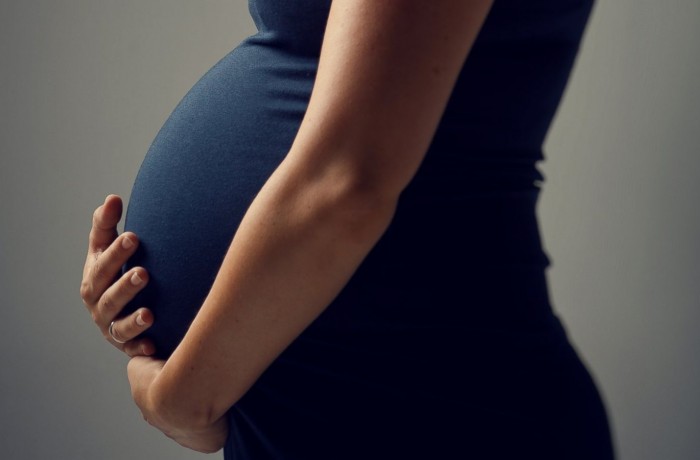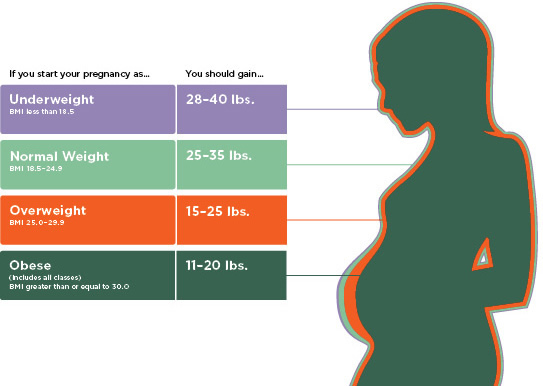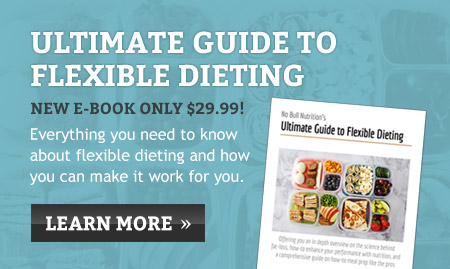
Flexible Dieting When Pregnant or Breastfeeding

Flexible Dieting When Pregnant or Breastfeeding
Flexible dieting is a great way for women who are pregnant or breastfeeding to keep weight gain under control. It is also a great way to lose the baby weight after pregnancy. In this article, we are going to discuss how flexible dieting works through pregnancy and even into breastfeeding stages.
Pregnancy and Flexible Dieting
Everyone knows that it is expected for weight gain to occur during pregnancy. However, many women unfortunately fall into the mindset of “I am eating for two”. This in turn gives them a false sense of freedom that they can eat however much they want! As much as we wish this were true, this mindset can unfortunately lead to unhealthy and unnecessary weight gain during pregnancy. Some health complications that could develop due to an unhealthy weight gain include gestational diabetes, high blood pressure, back pain, and even obesity after pregnancy.(1)
It is important to distinguish that when a woman is pregnant they are not actually “eating for two” rather they are eating to support a developing fetus. Below describes what a healthy weight gain process looks like when pregnant…

Women that are pregnant really only need an additional 200-300 calories per day (1). This range is dependent on whether or not you are underweight at the start of pregnancy or overweight.
Breastfeeding and Flexible Dieting
Once you have given birth, many women seek out help to then lose the extra baby weight that they have gained during pregnancy. Flexible dieting provides a perfect mechanism to safely fall into a calorie deficit for fat loss without comprising the resources needed to produce nutritious and adequate milk for the growing baby.
Experts recommend to consume 400-500 extra calories when breastfeeding(2). Experts also recommend that breastfeeding mothers consume more protein which fits perfectly into the model No Bull Nutrition follows.
Diet Considerations
While flexible dieting provides the freedom to satisfy your cravings, it is important to remember the necessity to consume nutrient dense foods. Here at No Bull Nutrition, we follow a 80/20 rule where 80% of our food choices stem from whole, nutrient dense foods while the remaining 20% can come from a treat or snack of your choice. The same rules most certainly apply for those women who are pregnant or breastfeeding.

References
1. http://health.utah.gov/mihp/pregnancy/preged/duringpreg/Too_much_weight.htm
2. http://www.mayoclinic.org/healthy-lifestyle/infant-and-toddler-health/in-depth/breastfeeding-nutrition/art-20046912




